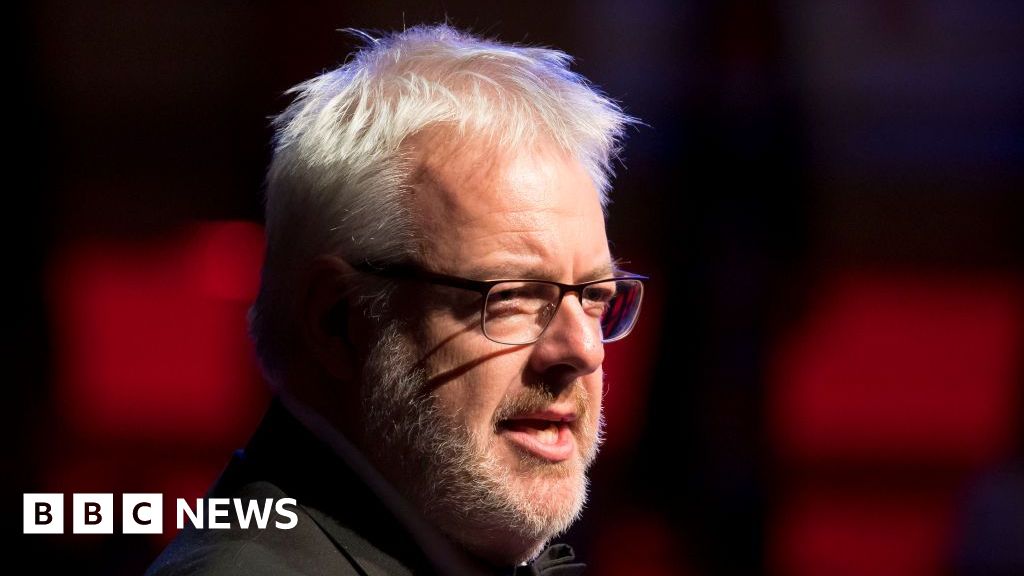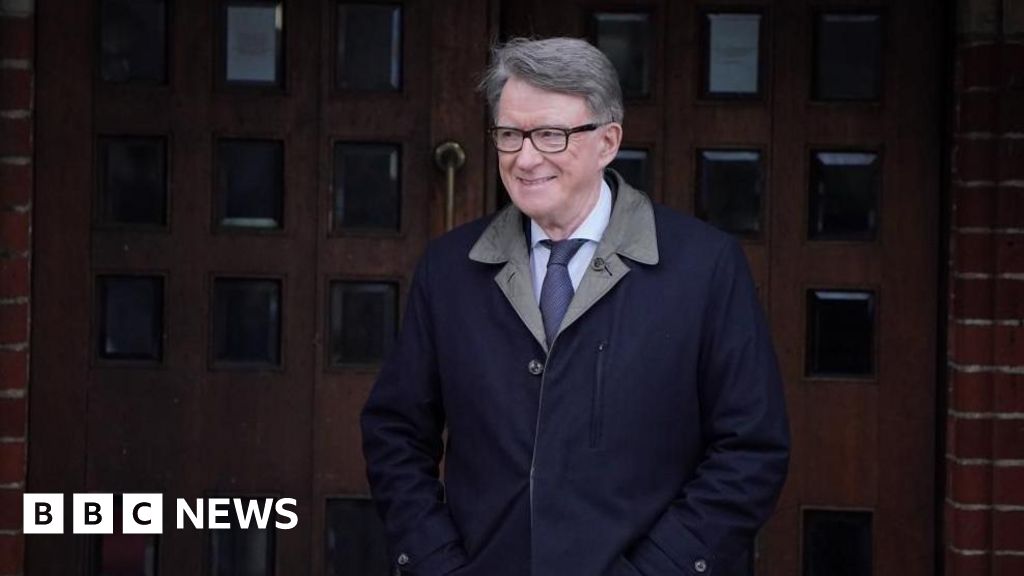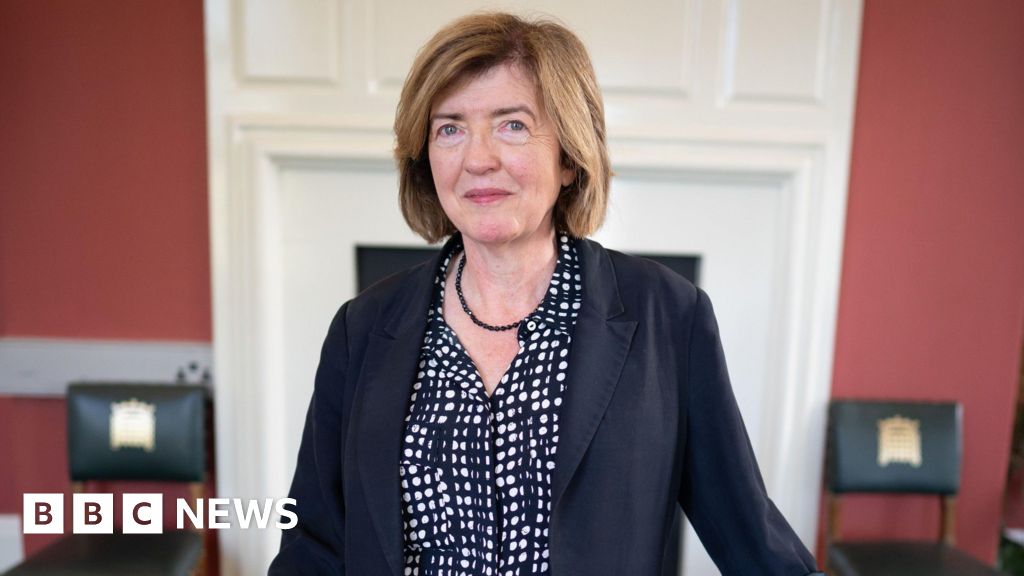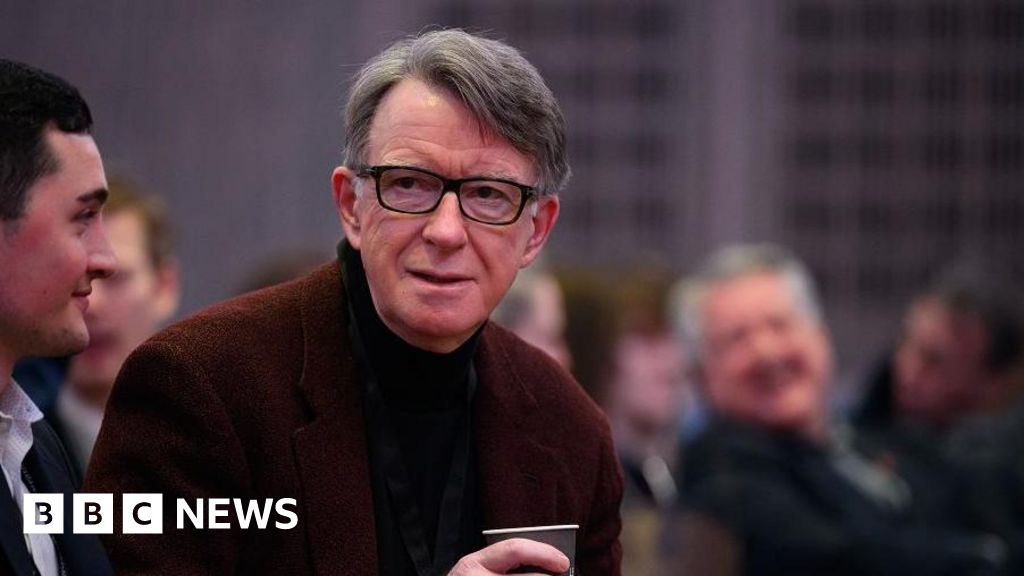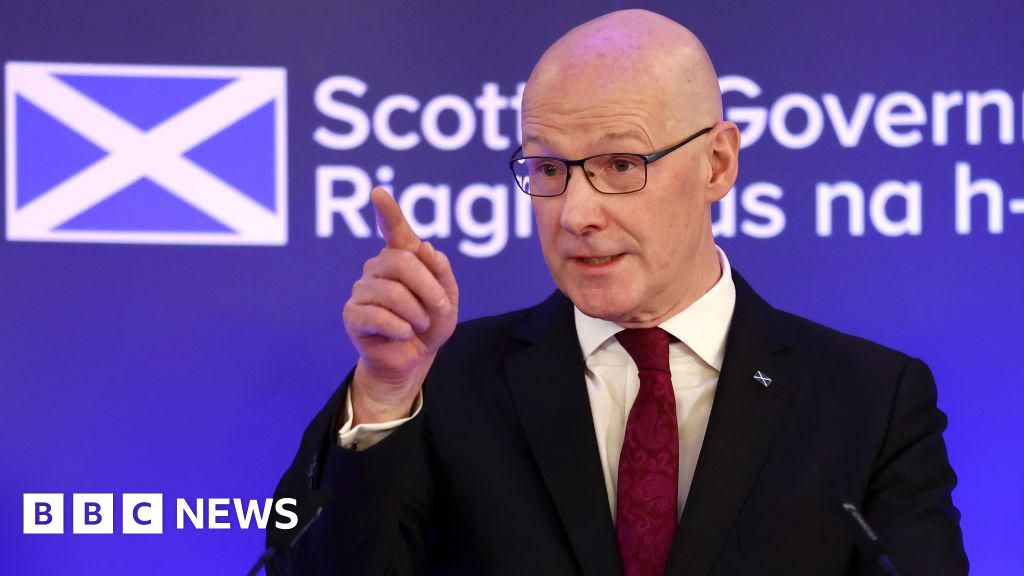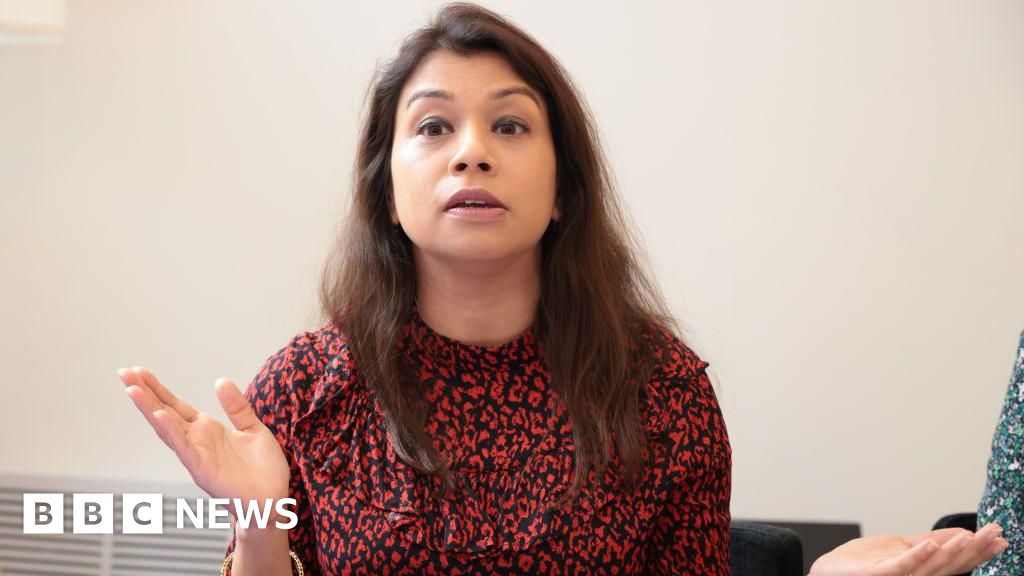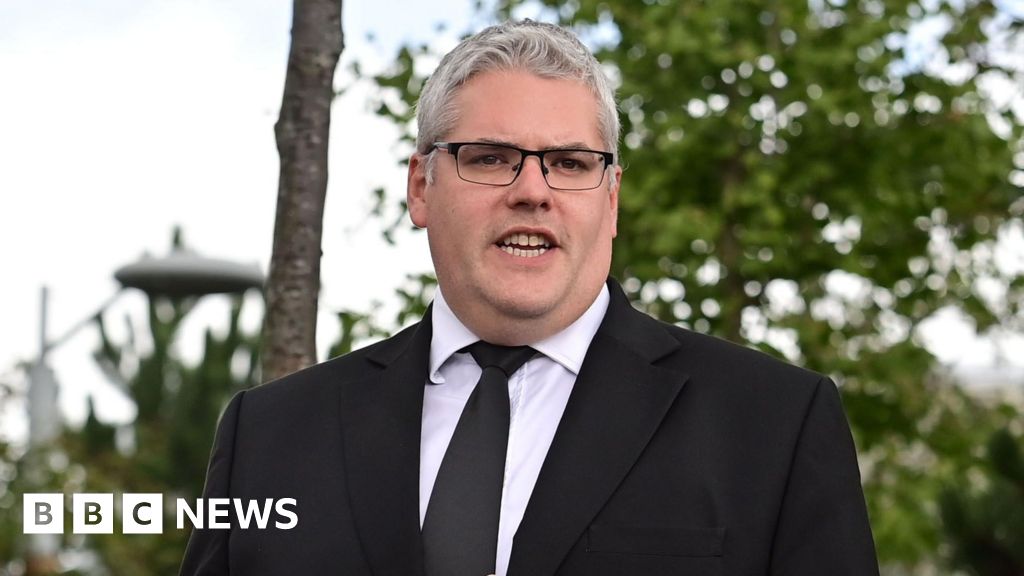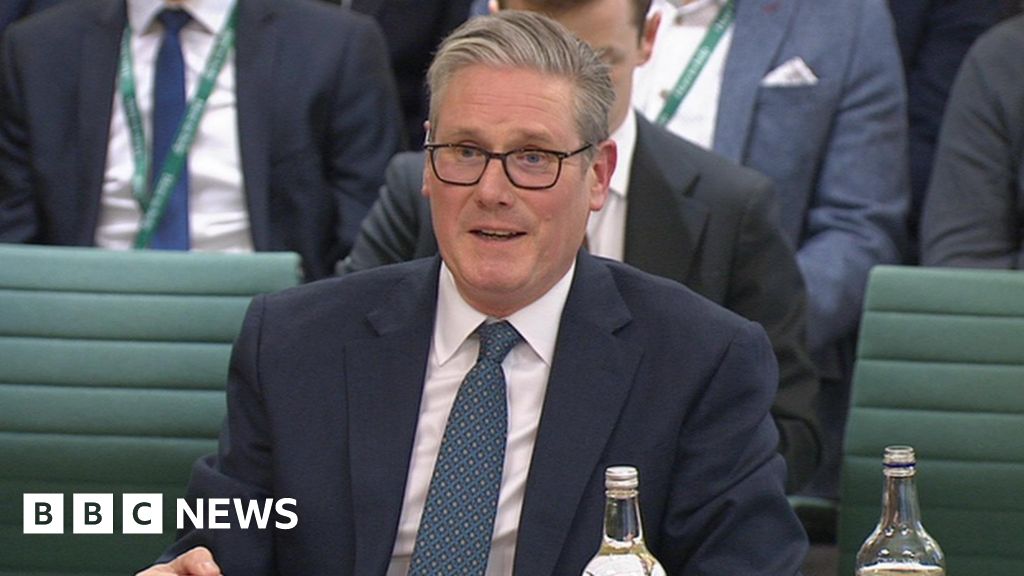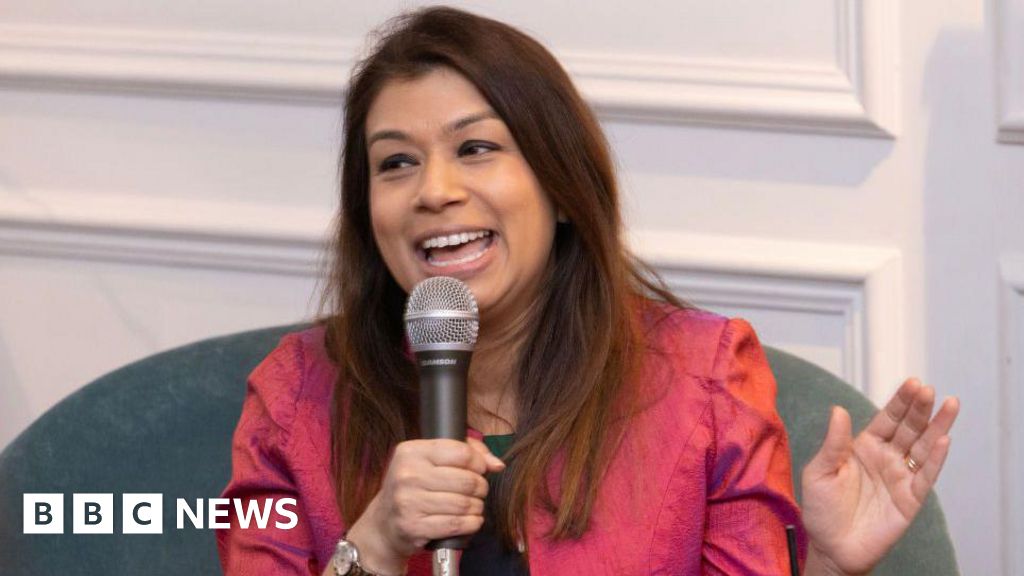Just now
Sam Francis,Oscar Bentley
The number of current MPs standing down rather than fighting the general election stands at 119.
Conservative ex-prime minister Theresa May, former interim Labour leader Harriet Harman and I'm a Celebrity... star Matt Hancock are among those who have decided not to run for re-election.
Around two-thirds of those stepping away are Conservatives, or those who were elected as Tory candidates but have since had the whip suspended - like Crispin Blunt or William Wragg.
It means that whoever wins July's general election, there will be a significant number of new faces in the House of Commons.
The 2010 election is the high-water mark of recent times, with 149 MPs leaving. Before the 1997 election 117 MPs stood down.
After 13 years of Labour rule in 2010, 149 MPs stood down - including 100 Labour MPs and 35 Conservatives.
Then-Conservative leader David Cameron had enjoyed a consistent polling lead from the autumn of 2007, only months after Gordon Brown became prime minister.
Forty MPs stepped down in the six months leading up to the 2010 election, but a number of retirements were connected to the MPs' expenses scandal the previous year.
This year's mass exit bucks the trend of most other recent elections.
In 2019, 74 MPs stood down. The numbers were even lower in 2017, with 31, and 2015 saw 90.
The departures paint a picture of a shifting political landscape. The Conservatives, trailing significantly in the polls, face an uphill battle.
The Conservatives re-admitted Mr Hancock and Bob Stewart who had also been suspended.
Mr Hancock was suspended as an MP for taking part in a I'm a Celebrity... while Parliament was sitting.
Former army officer Mr Stewart lost the whip after he told an activist to "go back to Bahrain" in a row outside the Foreign Office. The 74-year-old was convicted of a racially aggravated public order offence - only to see the conviction quashed three months later.
Those stepping down cut across age groups and genders, with no single group standing out as the most likely to leave.
In some cases, young MPs who have been in the Commons for only a few years are leaving - such as Dehenna Davison, who is 30, and 29-year-old Nicola Richards, both elected in 2019.
SNP deputy leader Mhairi Black, who's 29 and was first elected in 2015, is also standing down.
But many quitting have been in the Commons for a long time - it is natural for MPs to stand down each election due to age or new career pursuits.
Labour sees 22 of its MPs departing, though two of these were elected as Conservatives - Dan Poulter and Natalie Elphicke.
Speaking in her valedictory speech, Mrs May said being an MP "is the best job in the world" despite what she called "its frustrations".
"It particularly has its frustrations when you're in parliament and people don't vote on your own side for your own legislation - three times," she says to laughter, in reference to her Brexit defeats in the Commons.
Mrs May also urged her Conservative colleagues to "go out there and fight to ensure a Conservative government is re-elected".
The longest-serving female MP, Harriet Harman, said: "The House of Commons records show that I've spoken in this chamber 9,880 times.
"But I have to say that when you discover the prime minister was only two years old when you were first elected, you realise it is time to move on."
Other big names departing Westminster include former deputy PM Dominic Raab, COP26 president Sir Alok Sharma, and the former foreign secretary, Labour's Dame Margaret Beckett.
The Scottish National Party loses nine MPs, while Plaid Cymru and the Green Party each bid farewell to one. Sinn Fein sees three departures and Jeffrey Donaldson of the DUP will not stand again.
As the election approaches, this exodus could play a key role in the result. Incumbent MPs traditionally enter a general election with political advantage - benefitting from name recognition and established voter bases.

 6 months ago
30
6 months ago
30
